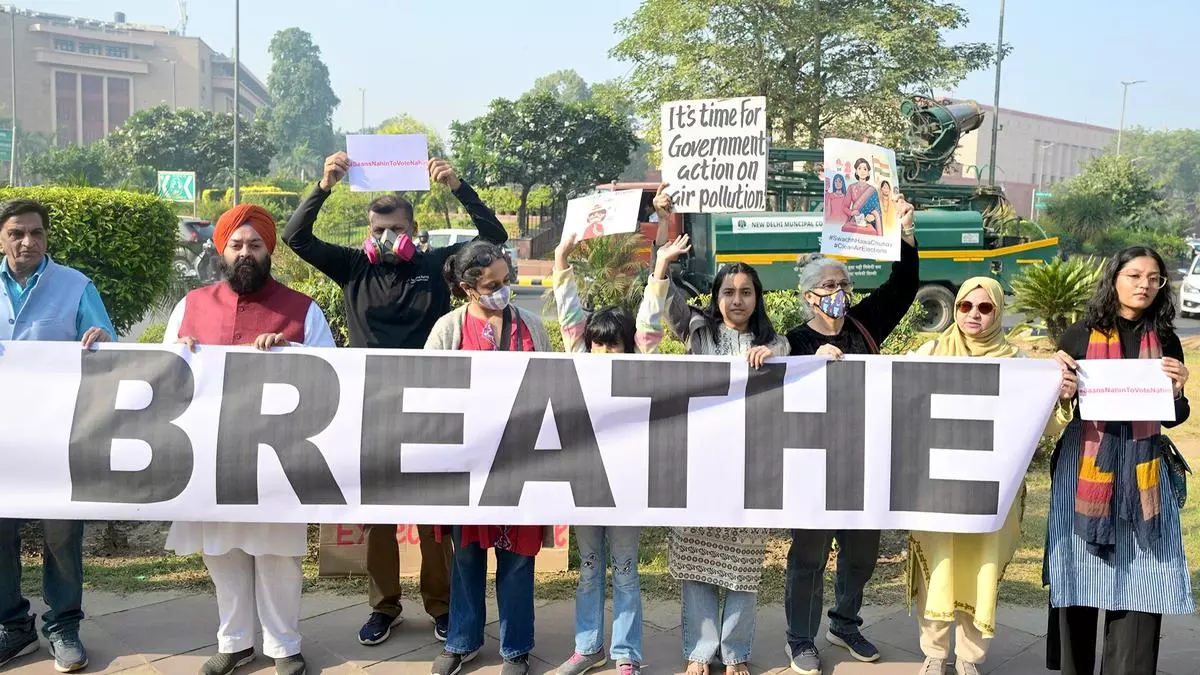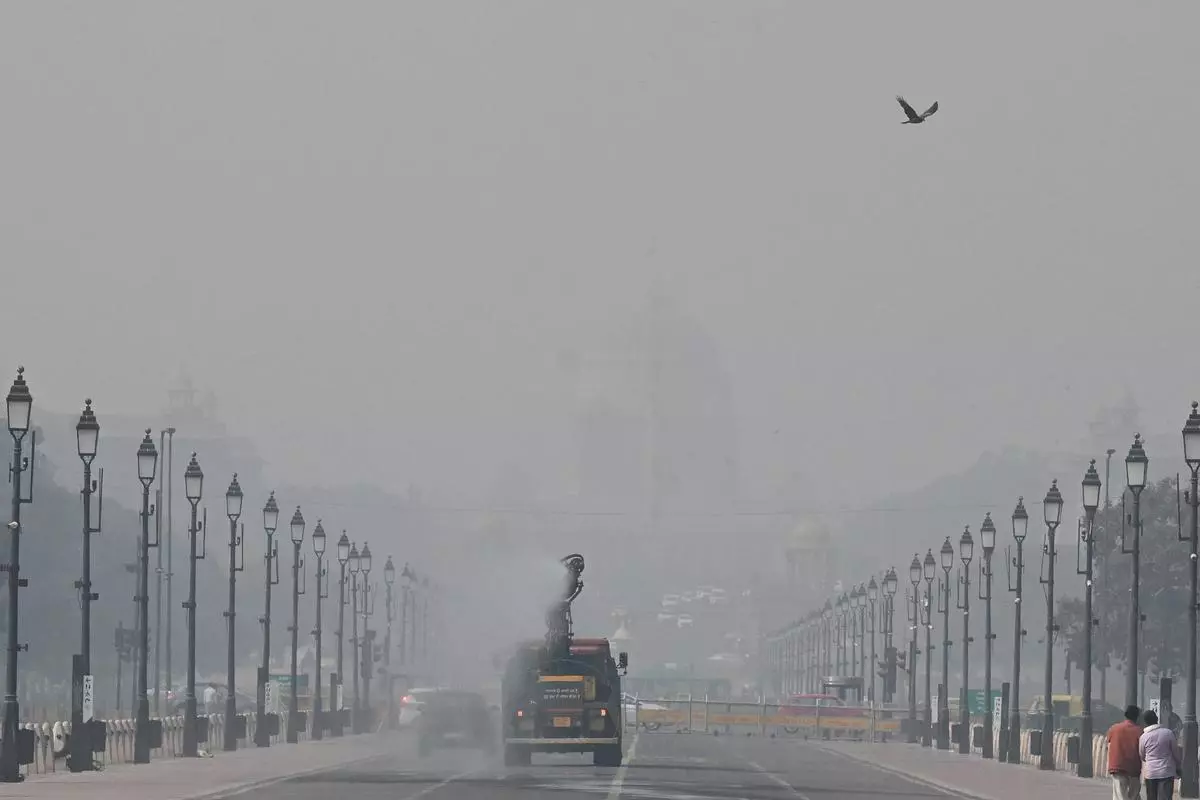In a stern move to combat the worsening air quality in Delhi, the Supreme Court on Monday (December 2) declined to grant relaxations under the stringent Stage-IV of the Graded Response Action Plan (GRAP). The apex court emphasized that no relaxation would be permitted unless a consistent downward trend in the Air Quality Index (AQI) is observed.
Supreme Court’s Stand On AQI
The bench, led by Justice Abhay S Oka and Justice Augustine George Masih, was deliberating on the MC Mehta case concerning Delhi’s air quality. The court took note of the fluctuating AQI levels and remarked that it was premature to ease the emergency restrictions.
Justice Oka stated, “The AQI is not stable. It has increased. We will look at your suggestions but today we will not permit relaxation.”
CAQM’s Plea For Relaxations
The Commission for Air Quality Management (CAQM), represented by Additional Solicitor General (ASG) Aishwarya Bhati, sought the court’s approval for relaxations, arguing that the GRAP-IV measures are highly disruptive.
ASG Bhati highlighted that the CAQM has submitted suggestions for relaxations and urged the court to consider them in light of the operational difficulties posed by prolonged GRAP-IV restrictions.

Amicus Curiae Weighs In
Senior Advocate Aparajita Singh, the Amicus Curiae in the case, presented a balanced perspective, stating that she would not have opposed the proposed relaxations had the emergency measures been implemented in a timely and effective manner.
Singh’s remarks underscored the need for robust preemptive action to mitigate the adverse impacts of severe air pollution, which has been a recurring issue in the National Capital Region (NCR).
Bench Insists On Clear AQI Trend
Justice Oka made it clear that the court would only consider relaxing GRAP-IV restrictions if there is tangible evidence of a consistent improvement in AQI levels.
“We will apply our mind to these suggestions but we want to ensure that there is a downward trend before we permit relaxations. Ultimately someday we will have to leave it to you. But at least we must be satisfied that there is some consistent downward trend,” he remarked.

Decision Deferred To December 5
The court scheduled a follow-up hearing on Thursday, December 5, to reassess the AQI levels and evaluate whether the conditions justify any relaxations. The bench indicated that it would review the report submitted by the CAQM on December 2, which outlines proposed measures for easing restrictions, before making a final decision.
The order noted, “On Thursday (December 5), we will examine the AQI levels and find out whether there is any downward trend. Some of the relaxations are suggested by the Commission in the report dated December 2, 2024. We will hear the parties on those measures and pass appropriate orders.”
GRAP-IV: A Necessary Measure
GRAP-IV, the most severe stage of Delhi’s pollution control plan, includes measures such as a ban on non-essential construction activities, restrictions on vehicular movement, and shutting down polluting industrial units. These restrictions, while disruptive, are considered essential to curb the hazardous levels of air pollution plaguing the region.
Public Sentiment And Reactions
The Supreme Court’s decision has drawn mixed reactions. While environmentalists have lauded the court’s firm stance, industries and commuters in the NCR have expressed concerns over the prolonged restrictions.
A Delhi resident commented, “The air quality is a serious issue, but the restrictions under GRAP-IV have brought life to a standstill for many of us. We hope the authorities find a way to balance public health and day-to-day activities.”
Environmental activist Ramesh Kumar supported the court’s decision, saying, “Relaxing GRAP-IV without seeing a consistent downward trend in AQI would undermine the efforts to tackle Delhi’s air pollution crisis.”

The Path Ahead
As Delhi struggles with hazardous air pollution levels, the focus remains on ensuring strict implementation of GRAP-IV measures while monitoring AQI trends closely. The Supreme Court’s decision on December 5 will be pivotal in determining the future course of action.
With the winter season exacerbating pollution levels due to factors like stubble burning and vehicular emissions, the need for effective and timely interventions has never been more urgent. The eyes of the nation remain fixed on the Supreme Court and the CAQM as they navigate this critical environmental challenge

